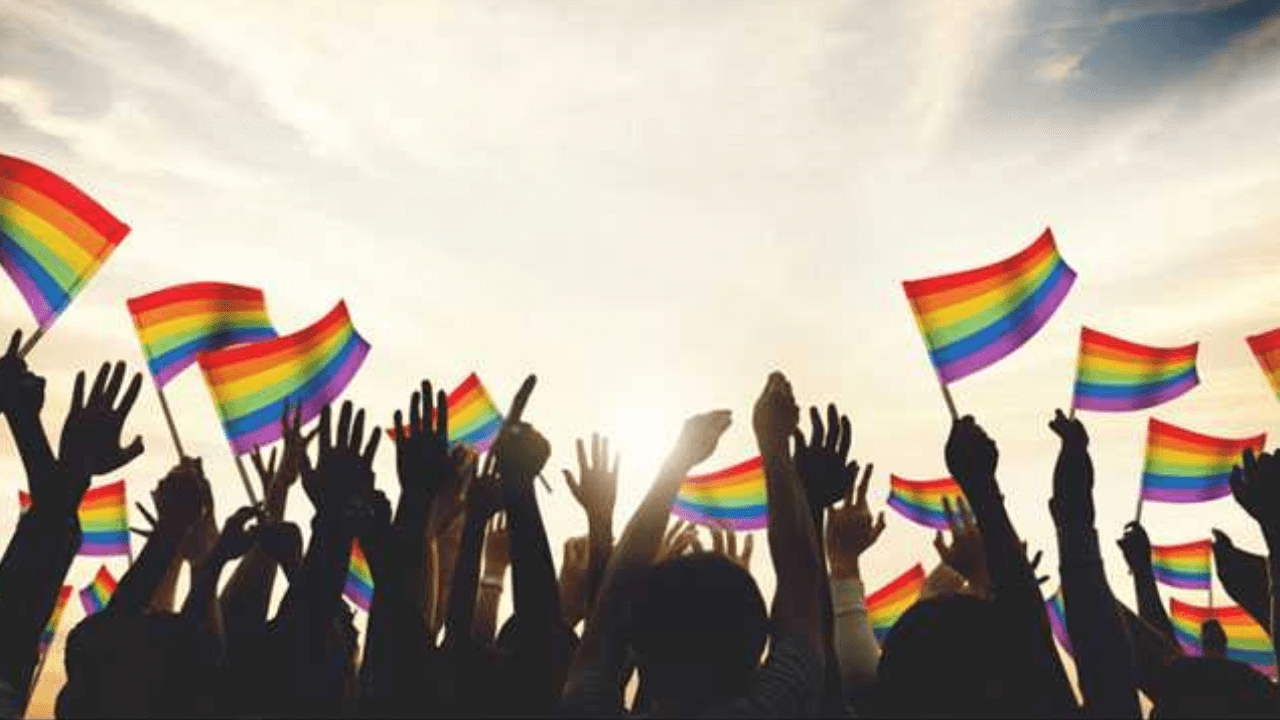LGBTQ+ campaigners in Sri Lanka have finally made substantial headway in their struggle for equal rights after years of agitation. The country’s Supreme Court has approved a law that will decriminalize homosexuality, which is presently punishable by imprisonment and a fine.
Private Member’s Bill Presented in Parliament
An individual member introduced the bill in parliament last month, and it received widespread backing from advocacy groups. The proposal to decriminalise homosexuality in Sri Lanka has been long overdue, with activists advocating for change for years.
Supreme Court Ruling: “Not Unconstitutional”
Following more than a dozen petitions from both sides of the debate, Sri Lanka’s Supreme Court determined that the measure attempting to decriminalise homosexuality was not unconstitutional. The news was made by Speaker of Parliament Mahinda Yapa Abeywardena, who stated that the court considered the law was in accordance with the country’s constitution.
A Historic Development for LGBTQ+ Rights
The Supreme Court’s judgement, according to Kaveesha Coswatte, an attorney-at-law and advocacy officer for iProbono in Sri Lanka, is a “historic development” that has given hope for meaningful change. While this is an important step forward for LGBTQ+ rights in Sri Lanka, activists will still need to secure the backing of legislators to guarantee that the proposed legislation becomes law.
Unclear Future for the Bill
Neither the administration nor the opposition have stated if they support the bill, leaving the legislation’s future uncertain. Coswatte, on the other hand, is upbeat, claiming that the Supreme Court’s ruling has paved the way for change and represents a watershed moment for Sri Lanka’s LGBTQ+ community.
- 3 August Current Affairs 2023 in English
- MoU Between Subroto Mukerjee Sports and Education Society and All India Football Federation (AIFF) to Promote Football at Grassroot Level
- Dr. Mansukh Mandaviya Delivers Keynote Address at the 13th Indian Organ Donation Day ceremony
- Education Ministry Forms Expert Panel on Anti-Discrimination in Higher Education
- Concerns Arise Over Cheetah Deaths at Kuno National Park
